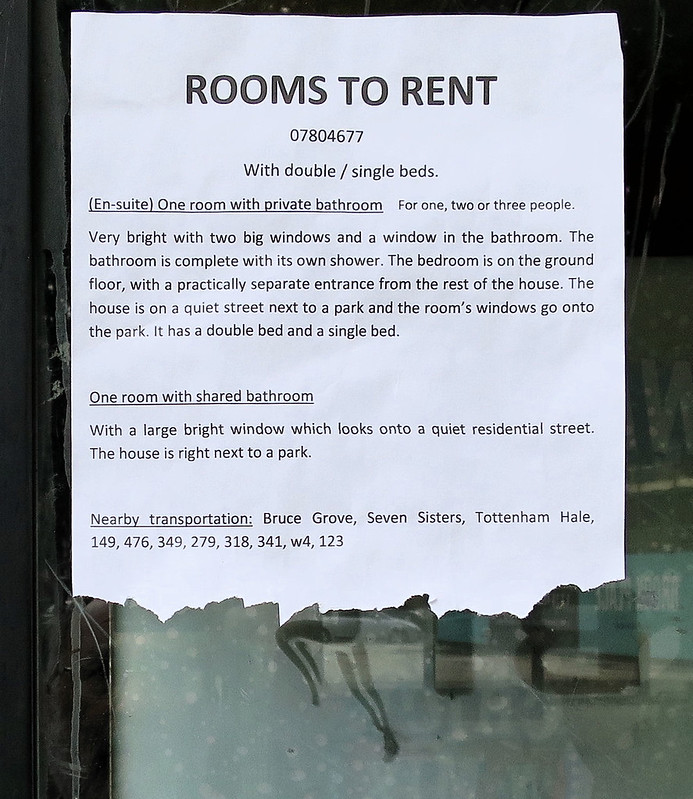The number of properties exempt from certain housing rules in Birmingham has rocketed in the last few years. As residents in some areas complain about their concentration and authorities try to deal with the challenges, Tony Jarne looks at the conceerns — and what’s being done about the issue.
Exempt accommodation is a kind of temporary housing that provides shelter for vulnerable people, such as recent prison leavers, rough sleepers, asylum seekers, homeless people with substance dependencies, and domestic abuse victims.
Landlords receive the total amount of the rent charged, rather than the usual limits imposed on housing benefit.
It is also free from certain standards established to protect those claiming housing benefits. There is no need for a licence to set up a property providing this kind of supportive housing, for example.
Now there are increasing concerns that its unregulated status has allowed some providers and landlords to take advantage of the situation: in the last three years, the number of households who use exempt properties has increased by over 70% in Great Britain, from over 89,000 in 2018 to more than 150,000 in 2021, according to an FOI request by the charity Crisis.
“It changes the balance of an area”
This national growth is mirrored in Birmingham, where numbers have nearly doubled from 11,980 claims for this type of accommodation in 2020 to 22,226 this year.
Residents in areas including Handsworth or Stockland Green have complained about the increase of this supportive housing and the dramatic change this has caused in these areas in the last years.
John O’Meera, from Inside Handsworth, says: “The high concentration changes the balance of an area (…) to a place that feels more temporary. New residents do not have a stake in the area.”
Neighbours have associated the high concentration of exempt properties in some streets with an increase of dumped rubbish, drugs drop-offs, fights and prostitution.
And one of Birmingham’s registered providers, Prospect Housing, revealed that at least £816m was spent by the government on exempt accommodation in 2020 based on Freedom of Information requests to local authorities.
Sanctions and inquiries
Recently local and national authorities have decided to intervene more firmly in the issue.
Birmingham City Council has stripped “exempt accommodation” status in Birmingham from one local provider, Green Park.
Phil Morgan, a consultant with 20 years of involvement in the sector, says the sanction is very unusual:
“I cannot think in a single instance [of this] in the last few years”.
The Regulator of Social Housing, the body overseeing this type of accommodation, has also issued a non-compliant rating against three of Birmingham’s seven largest exempt accommodation providers.
The regulator has been criticised for financially regulating the housing, but not the service provided by landlords and housing providers.
On 5th December 2021, Parliament’s Levelling Up Committee decided to inquire into exempt accommodation.
Housing charities such as Commonweal Housing support better regulation and control about how the exempt property systems operate, “not its abolition, as many vulnerable people need support”.
Harry Williams, Policy and Communications Manager of Commonweal Housing, says:
“Exempt accommodation always has a part to play, as the providers are helping to support the most vulnerable in this country”.
The Committee is accepting evidence submissions until the 28th January 2022. A series of public evidence hearings will begin in the following months.

